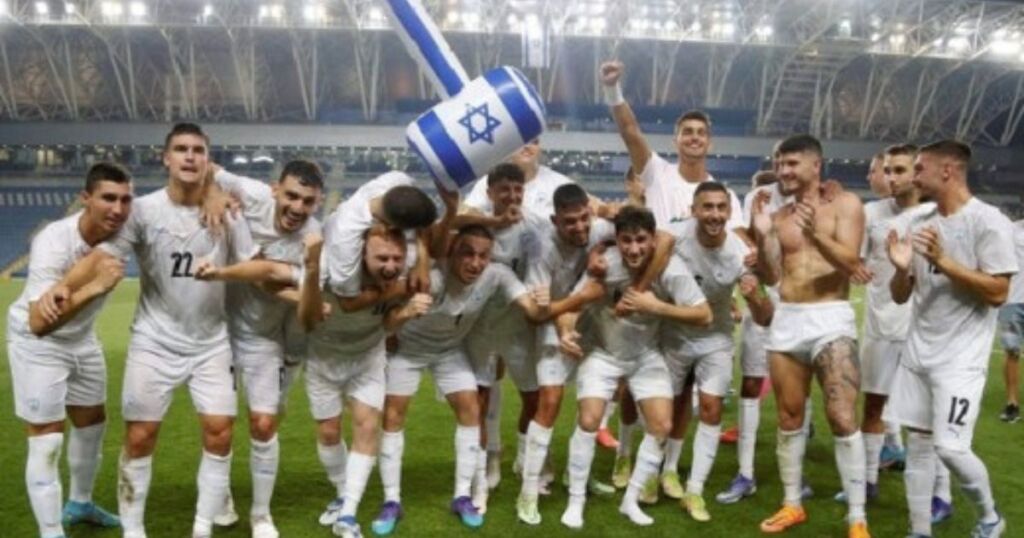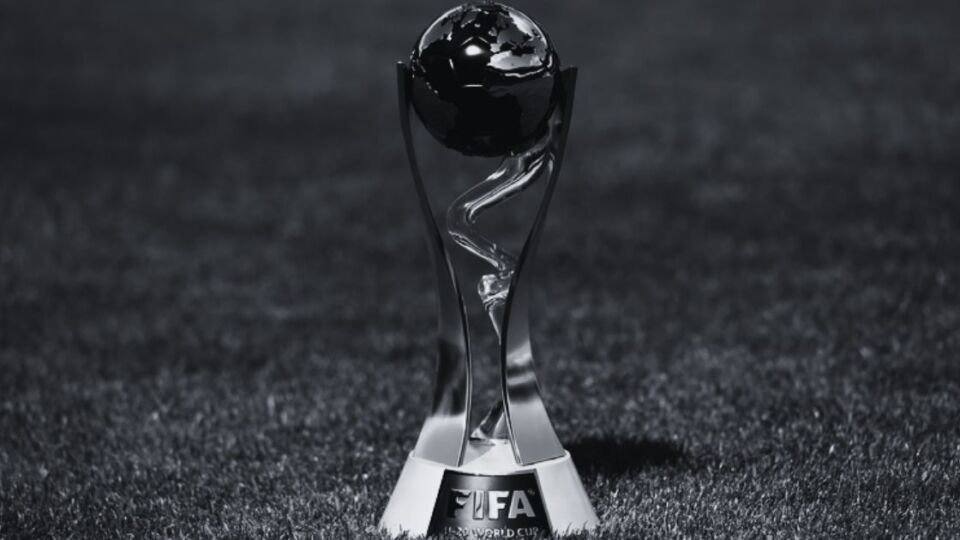When FIFA announced it was canceling the draw for the upcoming U-20 World Cup, we all knew that was a sign of worse things to come. And the worst did happen, at least in the sporting sense, when world football’s governing body last night stripped Indonesia of its right to host the top youth football competition.
We’ve extensively documented this fiasco, but the short of it is this: Indonesia wins FIFA U-20 World Cup hosting rights; Israel’s youth team deservedly qualifies for the tournament; Indonesian politicians and conservative groups, ostensibly in their ardent support of the Palestinian cause, publicly denounce Israel’s participation; FIFA cancels the tournament’s draw, which was supposed to be held in Bali on March 31, after the island’s governor also rejected the idea of Israel playing on Indonesian soil; Indonesia loses FIFA U-20 World Cup hosting rights.
FIFA’s decision to take the tournament away from Indonesia is both embarrassing for the country and unprecedented in world football, especially as there is just under two months to go until the start of the competition on May 20.
In Indonesia, the shambolic turn of events will surely lead to massive repercussions that go beyond what happens on the football pitch. Here, we are listing the winners and losers out of the entire farcical episode – mind you, the losers list, as expected, is much longer.
The winners
Israel’s U-20 team

The Israeli youth team, which impressively booked a place in the FIFA U-20 World Cup out of the highly competitive European qualifiers, would have faced hostile crowds, at least, had the tournament been held in Indonesia. Even before Indonesian politicians spewed their anti-Israel rhetoric, the safety of the youngsters while they were in Indonesia had always been an area of concern, to the point where organizers considered that they play exclusively in what is supposed to be a more tolerant Bali (that didn’t age well).
Now, the Israeli team will likely ply their trade in a country that is far less hostile towards them, allowing them to focus on nothing but football.
Argentina or Qatar
When the signs pointed to Indonesia losing its hosting rights, Argentina and Qatar emerged as likely candidates to stage the U-20 World Cup. Argentina, a proud footballing nation, and Qatar, which pulled off an incredible World Cup in 2022 despite the country’s size (human rights abuses notwithstanding), both have the infrastructure to host the tournament at a moment’s notice.
Should either nation get it, they will be entitled to the added bonus of their youth team qualifying for the tournament by virtue of being a host nation. Neither Argentina nor Qatar qualified for the U-20 World Cup this year.
Related
The losers
Indonesia’s U-20 team
That brings us to Indonesia’s U-20 team, which will automatically lose its spot in the tournament as Indonesia is no longer a host nation. This is especially heartbreaking for the youngsters, who not only have given their all in preparation for the tournament, but also will likely never get another chance to represent their country in a FIFA World Cup, be it at the junior or the infinitely more competitive senior level.
Indonesia’s senior squad is currently ranked 151st in the world. Despite the nation’s obsession with the beautiful game, it has never won a major continental trophy let alone qualified for the FIFA World Cup (safe for in 1938 as the Dutch East Indies).
U-20 forward Hokky Caraka could not hide his disdain towards Indonesian politicians in a recent social media post: “[You’re] fighting for the independence of other people’s countries, but you all destroy the dreams of [your own] nation’s children.”

Politicians
Central Java Governor Ganjar Pranowo, Bali Governor Wayan Koster, the Prosperous Justice Party (PKS), the Indonesian Democratic Party of Struggle (PDI-P), and more probably thought that speaking out against Israel’s participation would gain them popularity points ahead of the 2024 elections.
Related
So far, the opposite seems to be true. Ganjar, who is among the frontrunners for the presidency in 2024, is particularly being slammed on social media and beyond, with some saying that his rejection of Israel portends his inadequacy for diplomacy on the international stage.
This is also a source of great embarrassment for President Joko Widodo, who, one day before FIFA’s cancellation, gave a national address in which he said the government is working to maintain its status as host of the tournament. Though he will not be able to run for another term (barring any surprising constitutional changes), this loss will forever be a taint on Jokowi’s legacy as Indonesia’s president.
While public opinion has been overwhelmingly negative towards politicians and parties who publicly rejected Israel’s participation, perhaps the Islamic party PKS can claim victory out of the outcome in that they can further solidify their conservative Muslim support base.
PSSI (Indonesian Football Association)
This is not the start newly-elected PSSI Chairman Erick Thohir, who is also Indonesia’s Minister of State-owned Enterprises, would have wanted. Erick assumed leadership of a notoriously corrupt and inept association as part of the government’s desperate bid for reforms in Indonesian football, particularly after the October 2022 Kanjuruhan Stadium disaster, during which 135 spectators were killed due to excessive use of force by the police.
Related
FIFA stripping Indonesia of U-20 World Cup hosting rights represents the world football governing body’s ultimate loss of confidence in the country. Indonesia can say goodbye to any hope of hosting a FIFA tournament anytime soon – at least while FIFA President Gianni Infantino is in charge.
That said, in its statement, FIFA stressed that it will continue to assist in the transformation of Indonesian football in the wake of the Kanjuruhan disaster.
Indonesian sports fans
Indonesian football fans have obviously been robbed of their chance to witness first hand the next Messis and Maradonas at the U-20 World Cup. Yet the repercussions could go beyond football, with the governing bodies of other sporting disciplines now likely to think twice before awarding Indonesia with any major tournaments due to potential diplomatic conflicts.
That is a great shame considering that Indonesia has shown itself to be great hosts of major sporting events before, with the 2018 Asian Games immediately coming to mind.
In the immediate future, it will be interesting to see how Indonesia handles hosting other sporting events it has signed up for. In August, Bali is hosting the 2023 World Beach Games, which also features – wait for it – Israeli athletes.
Indonesian foreign policy
Indonesia must be lauded for its unwavering support of the Palestinian cause, but it does not have to mean alienating itself from diplomatic progress in the Middle East. In recent years, Arab states reversed decades of animosity and established diplomatic relations with Israel, with the realization that peace with the Jewish nation and support for Palestine do not have to be mutually exclusive. In fact, there is hope that diplomatic relations between Israel and Arab states can bring about stability in the region.
Indonesia may stand to better assist its Palestinian allies should it take the same open-minded route, while also benefiting from commercial, technological, and scientific trade with Israel.




